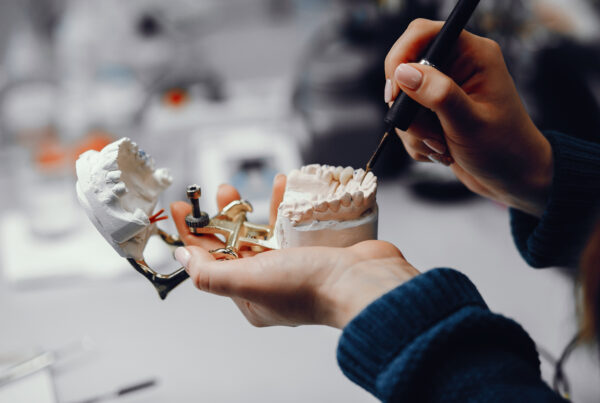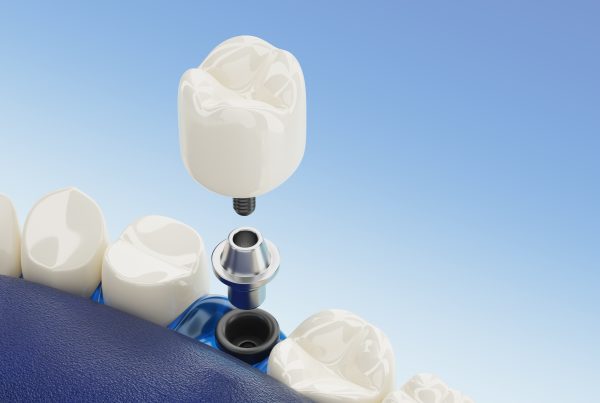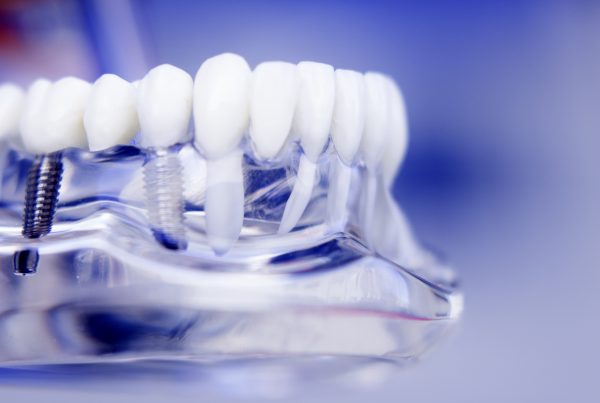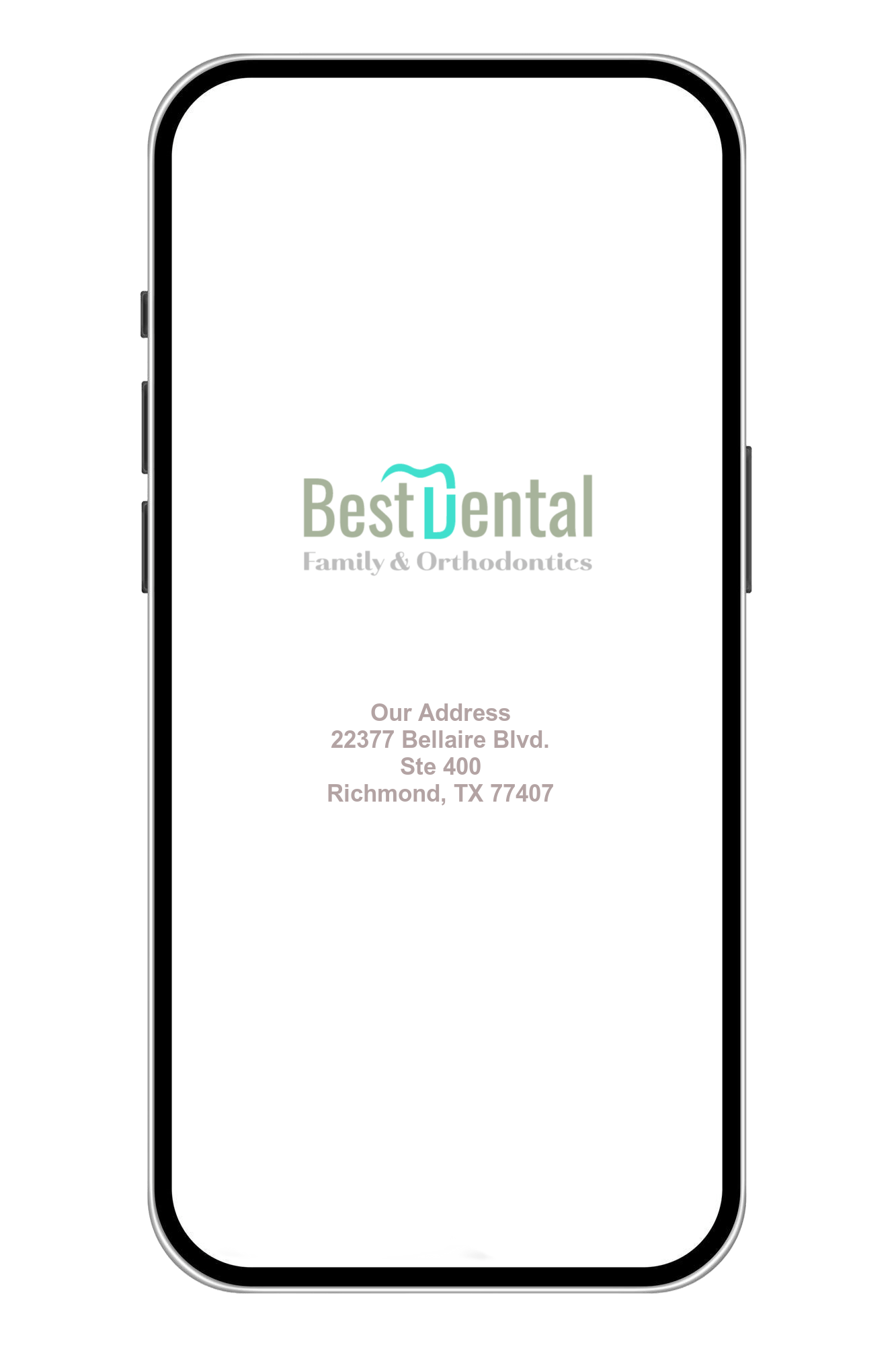Dental implants are one of the best solutions for replacing missing teeth, but the success of your implant doesn’t just depend on the surgery—it also depends on how you care for it afterward. Proper aftercare ensures faster healing, less discomfort, and long-term success.
In this guide, we’ll walk you through what to expect, how to recover smoothly, and the best ways to prevent complications.
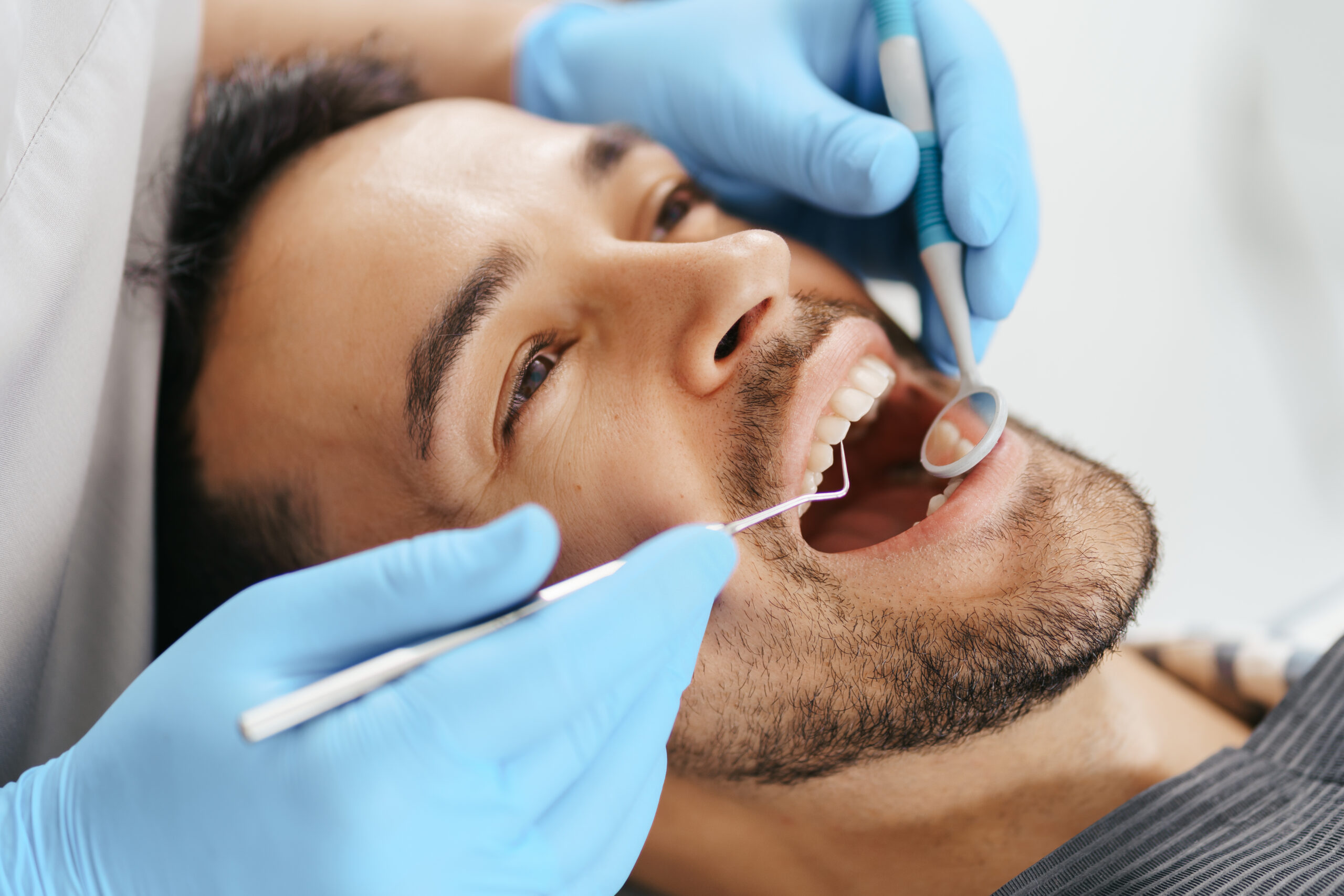
What can I expect right after dental implant surgery?
It’s normal to experience:
-
- Mild swelling for the first few days
- Some bleeding or redness in your saliva
- Tenderness around the implant site
Most of these symptoms fade within a week. Applying ice packs, taking prescribed pain medication, and resting are the best ways to stay comfortable during the initial recovery phase.
How long does it take to fully recover from dental implants?
Recovery time varies depending on your health and the type of implant procedure. On average:
-
- Initial healing: 7–10 days
- Bone integration (osseointegration): 3–6 months
- Final crown placement: once the implant fuses securely with the bone
Following your dentist’s instructions closely helps speed up recovery and ensures your implant lasts a lifetime.

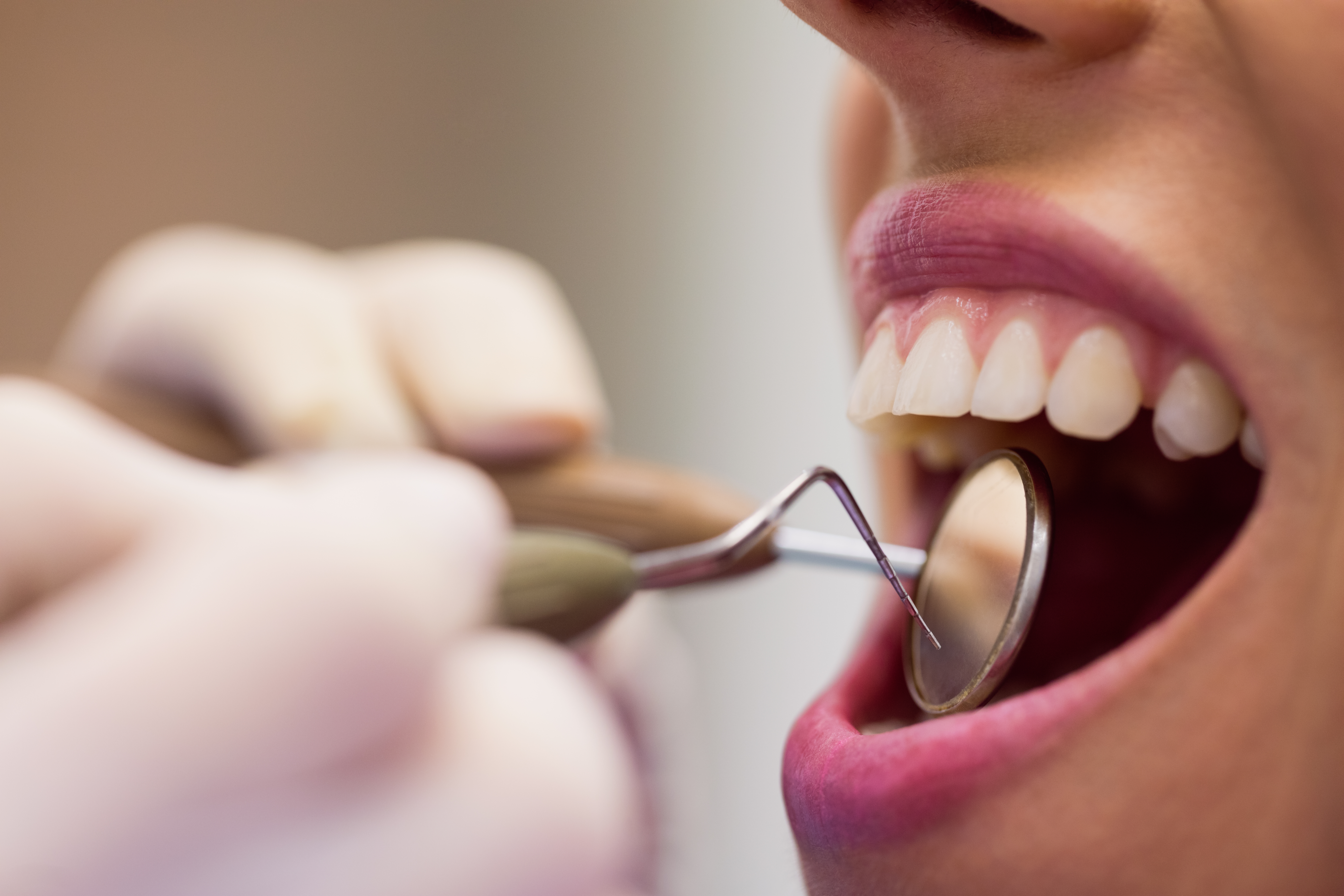
What should I avoid eating after dental implant surgery?
For the first few days, stick to soft foods like mashed potatoes, smoothies, yogurt, and scrambled eggs. Avoid:
-
- Crunchy snacks like chips and nuts
- Sticky foods like caramel or gum
- Hot or spicy foods that may irritate the area
- Alcohol and smoking, which delay healing
After the first week, you can slowly reintroduce firmer foods as recommended by your dentist.
Can dental implants fail if I don’t take care of them?
Yes. While implant success rates are very high, poor aftercare can lead to infections, bone loss, and implant failure. Smoking, uncontrolled diabetes, and skipping follow-up appointments increase risks. By sticking to your dentist’s care plan, you maximize your implant’s lifespan.
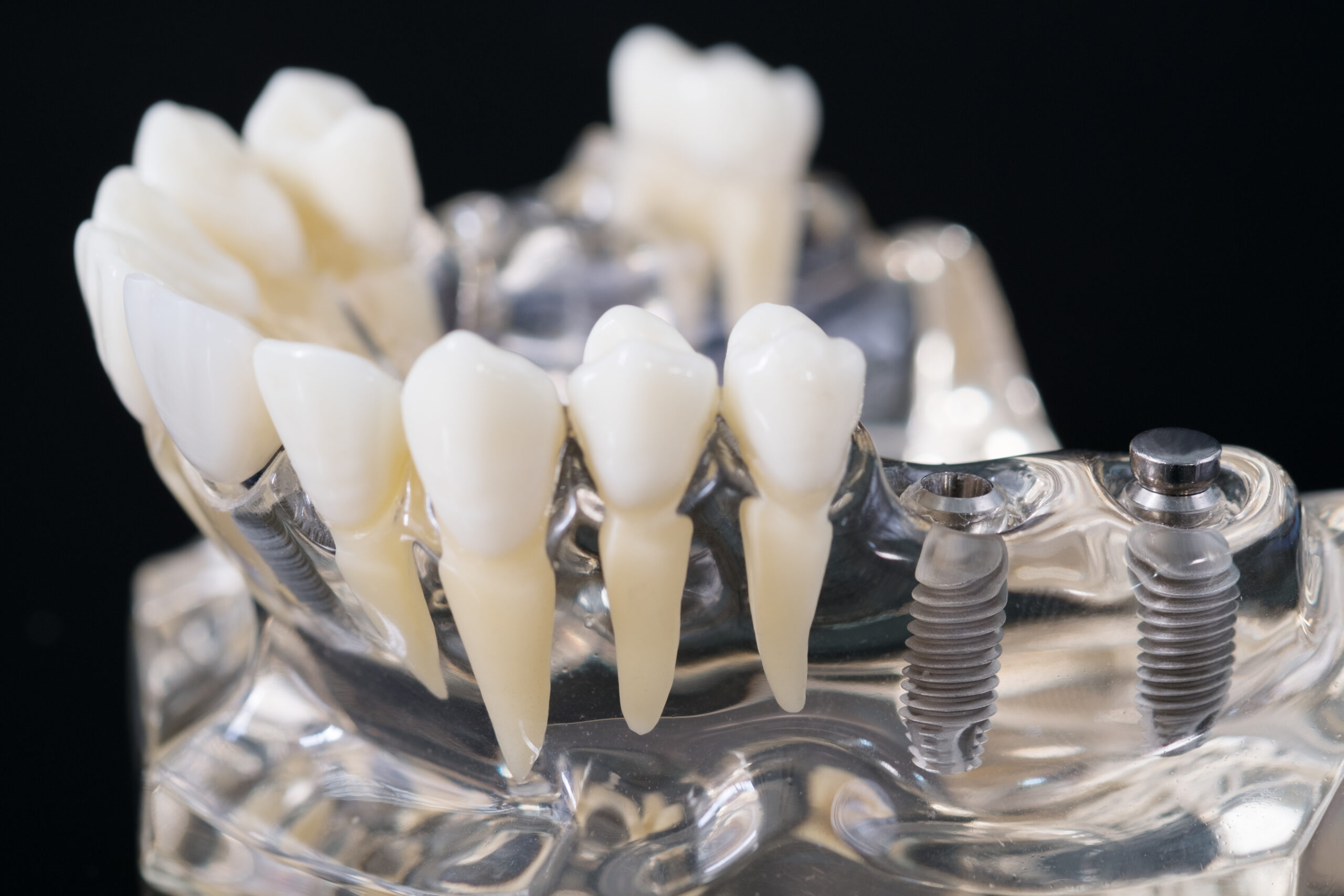

Are there different types of dental implants with different recovery times?
Yes. The recovery process can vary depending on the type of restoration:
-
- All-on-4 Implants: Provide a full arch of teeth with only four implants. Healing is generally quicker than traditional dentures.
- Implant Bridges: Replace multiple missing teeth; recovery depends on the number of implants placed.
- Implant Dentures: Offer stability compared to removable dentures; may take a few months for full integration.
Your dentist will recommend the best option based on your needs and health.
Frequently Asked Questions
When can I go back to work after dental implant surgery?
Most patients can return to work within 1–3 days following dental implant surgery, though the exact timeline depends on several factors. If you’ve had a single implant placed with a straightforward procedure, many people feel comfortable returning to work the next day, especially if your job is primarily sedentary or doesn’t involve heavy physical labor. However, if you’ve undergone multiple implant placements, bone grafting, or sinus lift procedures, you may need 2–3 days or even up to a week for initial recovery.
The level of discomfort varies by individual, but most patients experience manageable soreness, mild swelling, and some bruising that peaks around day two or three. At Best Dental, we provide detailed post-operative instructions and pain management guidance to help you recover comfortably. If your work involves public speaking, customer-facing roles, or you’re concerned about visible swelling, you might want to schedule your procedure before a long weekend to allow extra recovery time. Jobs requiring heavy lifting, bending, or strenuous activity may require a longer absence. Always communicate with your employer and our team to plan the best timeline for your specific situation.
Can I exercise after getting dental implants?
You should avoid heavy workouts and strenuous exercise for at least one week following dental implant surgery, though light walking is typically fine after the first day or two. Physical strain and elevated heart rate can significantly increase blood pressure, which may lead to prolonged bleeding, increased swelling, throbbing pain, and potentially compromise the healing process at the implant site.
Activities to avoid during the first week include running, weightlifting, high-intensity interval training, contact sports, hot yoga, and any exercise that causes you to strain or bend over repeatedly. Even activities like cycling or swimming should be postponed, as they can elevate your heart rate and blood pressure. The surgical site needs time to develop a stable blood clot and begin the osseointegration process—where the implant fuses with your jawbone—and disrupting this early healing can lead to complications.
At Best Dental, we recommend easing back into your fitness routine gradually. After the first week, you can typically resume light to moderate exercise if you’re feeling well and have minimal discomfort. By week two, most patients can return to their normal workout regimen, though you should still listen to your body. If you experience any throbbing, bleeding, or increased swelling after exercise, scale back and give yourself more recovery time. For competitive athletes or those with rigorous training schedules, we can provide personalized guidance based on your specific procedure and healing progress.
Do dental implants feel like natural teeth?
Yes—once fully healed, dental implants look, feel, and function remarkably like natural teeth, which is precisely why they’re considered the gold standard for tooth replacement. Unlike dentures that can slip or feel bulky, or bridges that rely on adjacent teeth for support, implants are anchored directly into your jawbone just like natural tooth roots. This creates an incredibly stable and authentic feeling.
During the initial healing period (typically 3–6 months), you’ll be aware of the implant site as osseointegration occurs, but once the process is complete and your permanent crown is placed, most patients report that they forget which tooth is the implant. You’ll be able to bite into apples, chew steak, and eat corn on the cob without worry. The crown is custom-crafted to match the size, shape, and color of your surrounding teeth, making it visually indistinguishable from natural teeth.
At Best Dental, we use high-quality materials and precise placement techniques to ensure your implant integrates seamlessly with your smile. Implants don’t decay like natural teeth, though you’ll still need to maintain excellent oral hygiene with regular brushing, flossing, and dental checkups. The sensation when chewing is natural because the implant stimulates the jawbone just as a natural root would, preserving bone density and facial structure. Many patients say the biggest difference they notice is actually positive—no more sensitivity or pain from the damaged tooth that was replaced. With proper care, dental implants can last a lifetime, making them not just a cosmetic solution but a true restoration of oral function and confidence.
